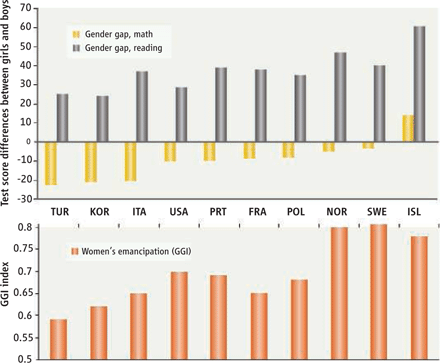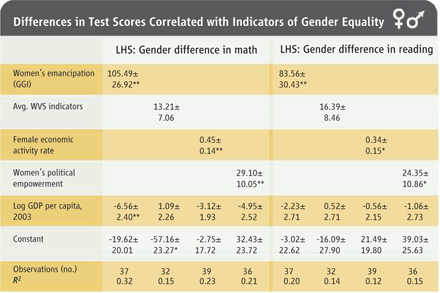@ Observator Cultural:
O carte in dezbatere: Tovarase de drum. Experienta feminina in comunism.
Despre „epoca de aur“ au apărut, mai ales în ultimul deceniu, mai multe cărţi – fie documente istorice, fie istorii personale, subiective, care reconstituie, retrospectiv, viaţa cotidiană într-o lume din care intimitatea, individualitatea şi, nu în ultimul rînd, feminitatea fuseseră extirpate sistematic. Volumul coordonat de Radu Pavel Gheo şi Dan Lungu aduce în prim-plan o serie de istorii „despre lucrurile aparent fără însemnătate care trec, în timp, printr-o viaţă de om“ (apud Adriana Babeţi). Relatate de scriitoare din generaţii şi medii sociale diferite, istorioarele din Tovarăşe de drum sînt mărturii despre efectele nocive pe care regimul comunist le-a avut asupra destinelor individuale, dar şi radiografii tulburătoare ale procesului de naţionalizare a corpurilor femeilor, iniţiat de partidul unic. (C.M.)
Detalii si discutii in jurul cartii:
“Cum a pornit proiectul, ce spun coordonatorii volumului?”
“Cît de relevantă e diferenţa?” de Bianca Burta-Cernat
“Rîsul şi (r)Estul” de Theodora-Eliza Vacarescu
“Femeia din spatele Cortinei de Fier” de Şerban Axinte
“Ce mişto ar fi fost să fim femei!” de Ovidiu Şimonica
“Radu Pavel Gheo: „Am avut senzaţia că textele erau gata scrise şi abia aşteptau să iasă la iveală“”
“Dan Lungu: „O lumină nouă asupra totalitarismului, dintr-un unghi prea puţin explorat“”
———————————
Info de la editura polirom:
“Lucrurile stau in felul urmator: se da o tara plina de betoane, fonta si salopete, se adauga magazine doldora de conserve de peste si cozi la orice, un sef timpit, plus doua-trei culori, destul de terne. Nu, nici vorba de pantofiori pastelati, ciorapi fini, tocuri sofisticate, sampoane si rujuri de firma sau, ma scuzati, sanitary pads. Nu, nici urma de mall-uri. Aaa, neaparat trebuie adaugate croitoresele de cartier, mici vrajitoare intr-ale modei, tragind cu ochiul in revista Burda. Ei bine, in aceasta tara se da drumul unor sufletele sensibile si li se spune: Fiti femei!. Va intrebati cum se descurca? Hmmm, greu de povestit, trebuie citita cartea.” (Dan Lungu)
Volumul cuprinde texte semnate de: Adriana Babeti – Sarsanela; Anamaria Beligan – Halatul Veronicai; Carmen Bendovski – Lungul drum al comunismului catre sfirsit; Rodica Binder – Chiar asa?; Adriana Bittel – Servus, Reghina; Mariana Codrut – “Atunci am invatat sa renunt”; Sanda Cordos – Din umbra viitorului luminos; Nora Iuga – Scrisoare catre un prieten; Cerasela Nistor – Cerul negru-rozaliu; Ioana Ocneanu-Thierry – Eu, una, n-am suferit!; Simona Popescu – HoRor! Cool!; Iulia Popovici – X si Y; Alina Radu – O zi din viata Alinei Viktorovna; Doina Rusti – Ginecologii mei; Simona Sora – Bibliotecile spitalelor mele; Mihaela Ursa – O poveste de fata; Otilia Vieru-Baraboi – Aha.
ps: eu n-am citit cartea inca si nu stiu cum e, ma ingrijoreaza putin treaba cu “feminitatea” si “sufletele sensibile” (sper sa fie ironie), dar abia astept sa vad. [momentan recomand calduros textul de sus al theodorei vacarescu.] ceva ce scriam in 2004:
“Ne amintim, cantarim si analizam prea putin din ce a insemnat viata noastra inainte de ’89… Dar acea istorie ne influenteaza pe toti la nivel individual si la nivel societal — este o greseala sa continuam sa nu vorbim de experientele noastre, ce au insemnat si cum ne leaga de lumea (lumile) in care traim astazi. Nu pot sa nu vad o paralela intre aceasta tacere si tacerea — pe care ca problema la scara globala am ajuns totusi s-o constientizam si s-o analizam — creata istoric (deci impusa) si in acelasi timp “aleasa” de femei drept modus operandi in cadrul sistemului patriarhal. Cand e vorba de vietile femeilor in societatea romaneasca din perioada comunista, atunci, nevoia de a rupe aceasta tacere are o dubla importanta. …”



